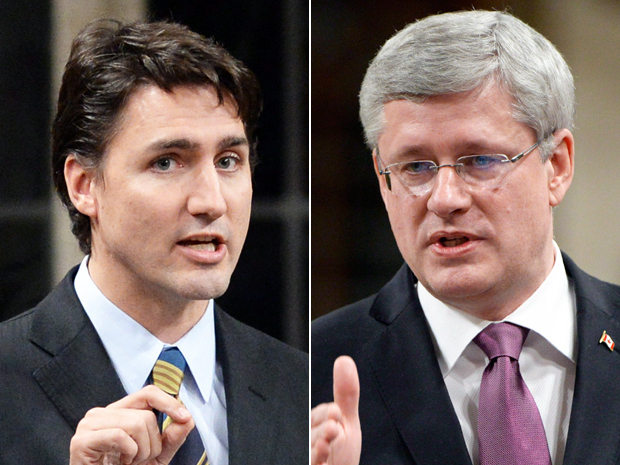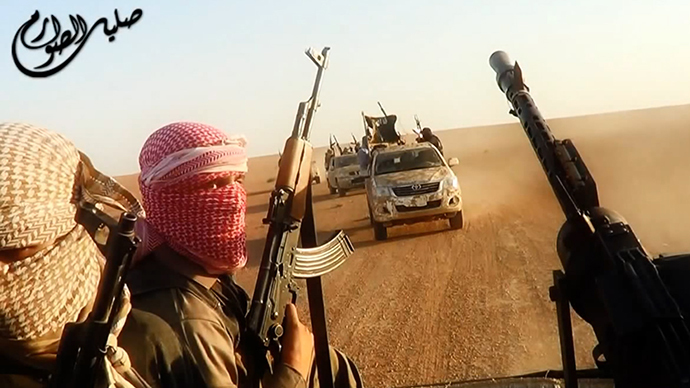By: Melanie Clarke.
For the past five weeks, the world has been inundated with stories and reports on Libya, culminating with the deaths of two award winning photojournalists in the besieged city of Misurata, Libya. But as we settle into the fifth week of the UN sanctioned intervention in Libya, the story remains the same, Qaddafi refuses to step down and his forces continue to threaten the lives of civilians.
The United Nations Security Council (UNSC) resolution 1973 was enacted with the explicit objective of protecting Libyan civilians. The parameters of the resolution specifically state that the UN does not sanction direct foreign involvement in the removal of the current Libyan regime, nor does it mandate foreign military occupation. Rather, the internationally supported ‘no-fly zone’ over Libya has been implemented to provide Libyan rebels with air protection from Qaddafi’s army and to enable the Libyan people to bring about regime change themselves.
As the days and weeks continue, the potential success of the NATO led military mission is beginning to seem impossible; becoming increasingly more complicated than initially anticipated. An official opposition to the current regime in Libya has yet to emerge and the rebel armies are increasingly recognized as disorganized and ineffective. Qaddafi’s forces are placing increased pressure on international assistance as they continuously push for control of rebel strongholds like Misurata by preventing humanitarian and military access in and out of the city through strategically placing mines in Misurata’s harbor. This blatant disregard for international law and “willingness to attack humanitarian delivery efforts,” contributes to the feeling of helplessness for the Libyan effort. As NATO becomes further entangled in the conflict between Qaddafi and the rebels, the call for American leadership and resources has been made. The Obama Administration has, however, been reluctant to take on a more active role in the conflict.
From the outset, Washington has been adamant in relinquishing military responsibility to NATO and its allies. This reluctance to act can be explained both in terms of domestic and international interests. Domestically, a more active role militarily would incur substantial costs both financially to the American taxpayer and politically to the American Government. The United States is already involved in two wars and it is thought that increased involvement in Libya would divert much needed funds from American operations in Iraq and Afghanistan. A poll released by the Pew Research Center on March 14, 2011, indicates very low domestic public support for the military intervention in Libya, with 63% of Americans polled indicating that the United States has no responsibility to act in Libya; 77% of Americans opposing the bombing of Libyan air defenses; and 82% opposing the deployment of troops to Libya. Pew indicates that the majority of those polled, despite their thoughts on whether America has a responsibility to act, believe that “the U.S. military is overstretched.” This compounded with the current political climate and ballooning federal deficits would result in significant political problems for the Obama Administration. A supporting role, on the other hand, dramatically reduces America’s political and financial costs.
Additionally, by maintaining a supportive role, the United States could shed its image as a country that brings about regime change, and combat the notion that the United States seeks dominance over the Middle East. These motivations are consistent with US President Barack Obama’s rhetoric. Since taking office, President Obama has made the deliberate decision to emphasize a multilateral approach to international conflict, a direct departure from that of his presidential predecessor. This position was exemplified in his Nobel acceptance speech in 2009, in his 2010 national security strategy, and in his 2011 address to the nation on America’s military involvement in Libya. President Obama has consistently highlighted America’s need to cooperate with its allies, emphasizing that it is no longer America’s job to dictate change and the pace at which such change occurs.
According to President Obama, while the overall mission is not yet complete, the UN mandated goal of establishing a no-fly zone has been achieved. Any further intervention and military action remains, however, a task for the larger international community and the Libyan people themselves. In Obama’s address to the nation on March 28, 2011, he stressed that America’s responsibility to fellow human beings is what prompted their involvement in the first place. America has committed troops and support to NATO and the mission’s allies by, for example, providing armed drones similar to those deployed in Pakistan and Afghanistan. However, Washington stands firm in its decision to limit American engagement in Libya to a supporting role.
As it stands, the UN resolution on this conflict is limited, insofar as continuing to provide air support will likely not result in a change in Libyan leadership. Is NATO prepared for failure? Or more importantly, is NATO prepared for success? The international community has begun to recognize the pressing need for short-term humanitarian assistance, food, medical supplies, and doctors. But if current efforts fail, should NATO commit more troops, arms and support? Conversely, if current efforts succeed in removing the Qaddafi regime, how will NATO respond to the challenges long-term state building and development? As it stands, NATO is not directly responsible for post-conflict stabilization and reconstruction efforts in Libya and any such effort would ultimately require an enhanced UN resolution. However, if Qaddafi is forced to relinquish power and reconstruction and development efforts are required, such efforts will necessitate strong leadership. The longer this conflict continues, the higher the financial and political costs associated with this mission will become. As a result, the question of burden sharing will become ever more pressing and Washington will come under increased pressure to take more of a leadership role. Who will fill this void?
Disclaimer: Any views or opinions expressed in this article are solely those of the author and do not necessarily represent those of the NATO Council of Canada.



